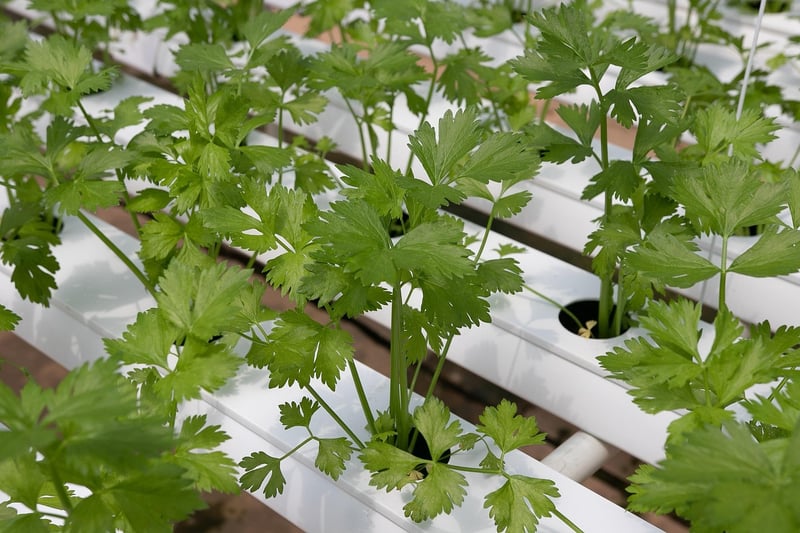Hydroponic Systems
Revolutionizing Farming Practices with Hydroponic Systems
In recent years, the agriculture industry has witnessed a significant shift towards more efficient and sustainable farming practices. One such innovation that is revolutionizing the way we grow crops is hydroponic systems. Hydroponics, a method of growing plants without soil by using nutrient-rich water solutions, offers numerous benefits for farmers and the environment.
The Advantages of Hydroponic Systems
Hydroponic systems have several advantages over traditional soil-based farming:
- Water Efficiency: Hydroponic systems use up to 90% less water than conventional farming methods, making them ideal for regions facing water scarcity.
- Space Savings: By eliminating the need for soil, hydroponic systems can be set up in smaller spaces, allowing for higher crop yields in limited areas.
- Improved Plant Growth: Plants grown hydroponically receive a perfectly balanced mix of nutrients, leading to faster growth rates and healthier crops.
- Pest and Disease Control: Without soil, many common pests and diseases that affect traditional crops are minimized, reducing the need for harmful pesticides.
Types of Hydroponic Systems
There are several types of hydroponic systems, each offering unique benefits:
- Deep Water Culture (DWC): Plants are suspended in nutrient-rich water, allowing their roots to absorb oxygen and nutrients directly.
- Nutrient Film Technique (NFT): A thin film of water containing nutrients flows over the plant roots, promoting efficient nutrient uptake.
- Vertical Farming: Utilizing stacked layers to grow plants vertically, maximizing space utilization and crop production.
The Future of Farming
As the global population continues to grow, the demand for sustainable food production methods is more critical than ever. Hydroponic systems offer a glimpse into the future of farming, where we can produce more food using fewer resources and in environmentally friendly ways.
By embracing hydroponics and other innovative technologies, farmers can increase their yields, conserve water, and reduce their environmental impact. The adoption of these modern farming practices is not only beneficial for farmers but also for consumers and the planet as a whole.

With ongoing research and advancements in hydroponic systems, the future of agriculture looks promising, offering sustainable solutions to feed the growing population while preserving our planet's resources.
Join the hydroponic revolution today and be a part of transforming the way we grow food!
